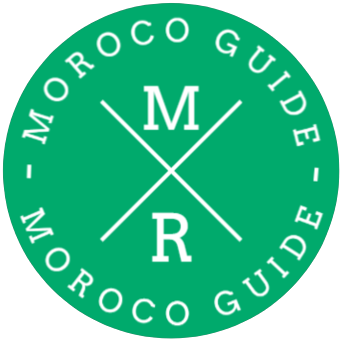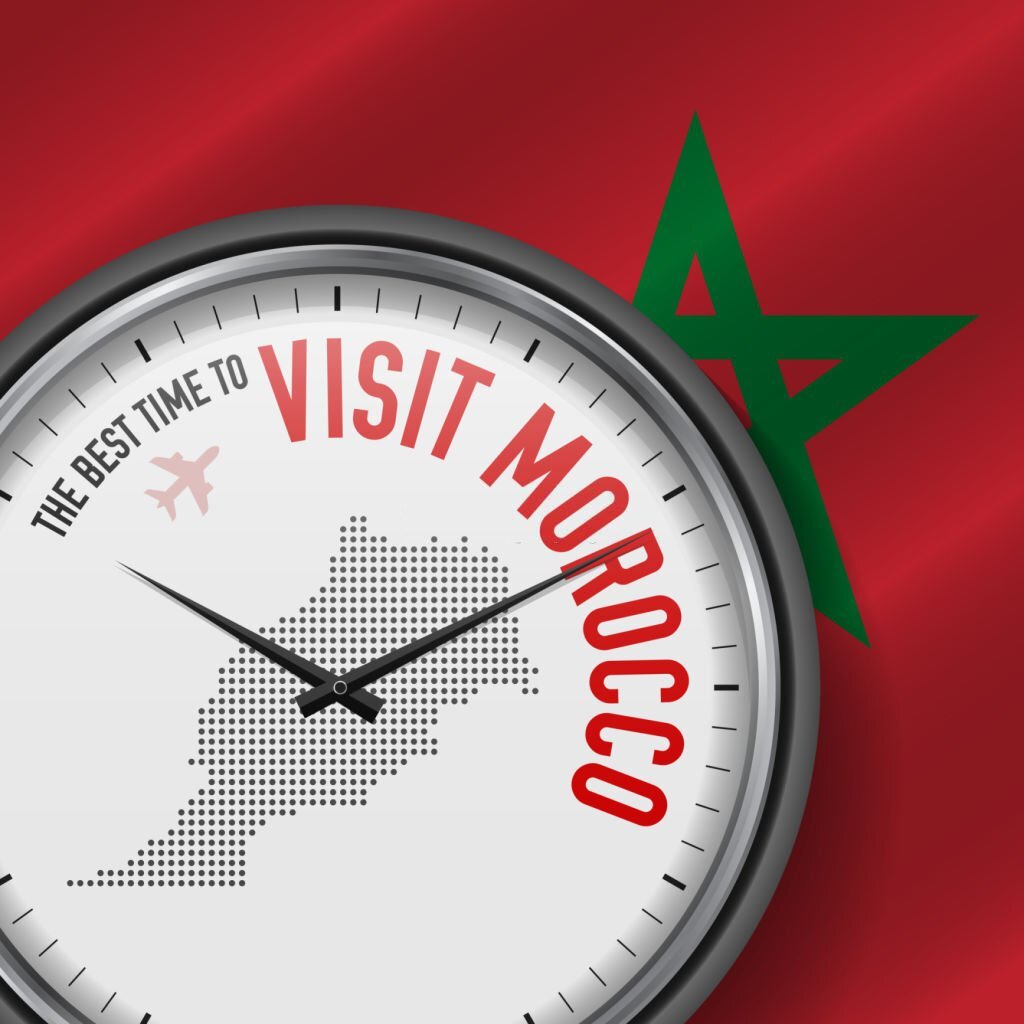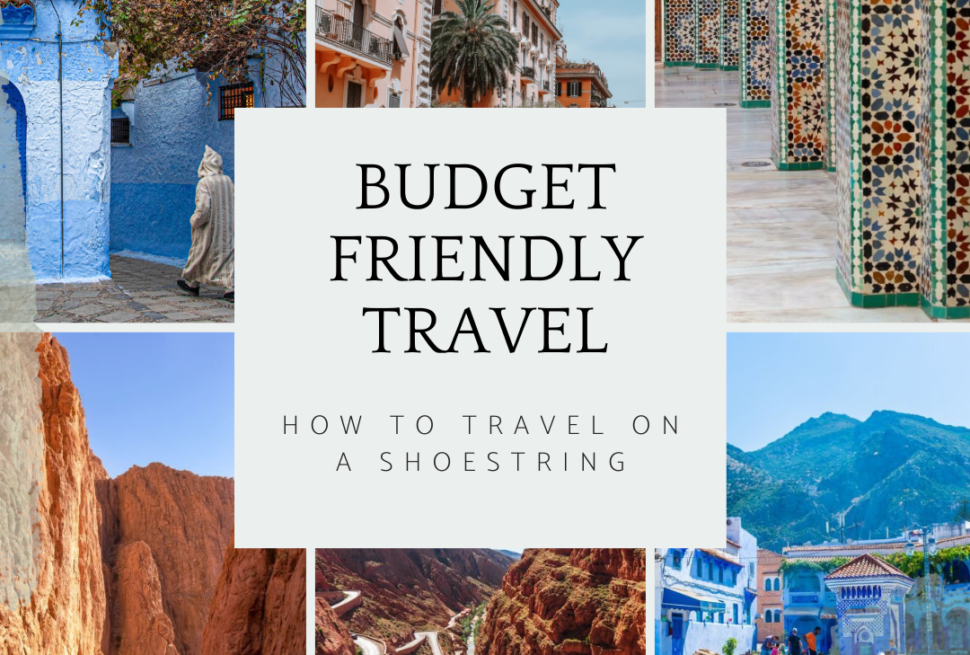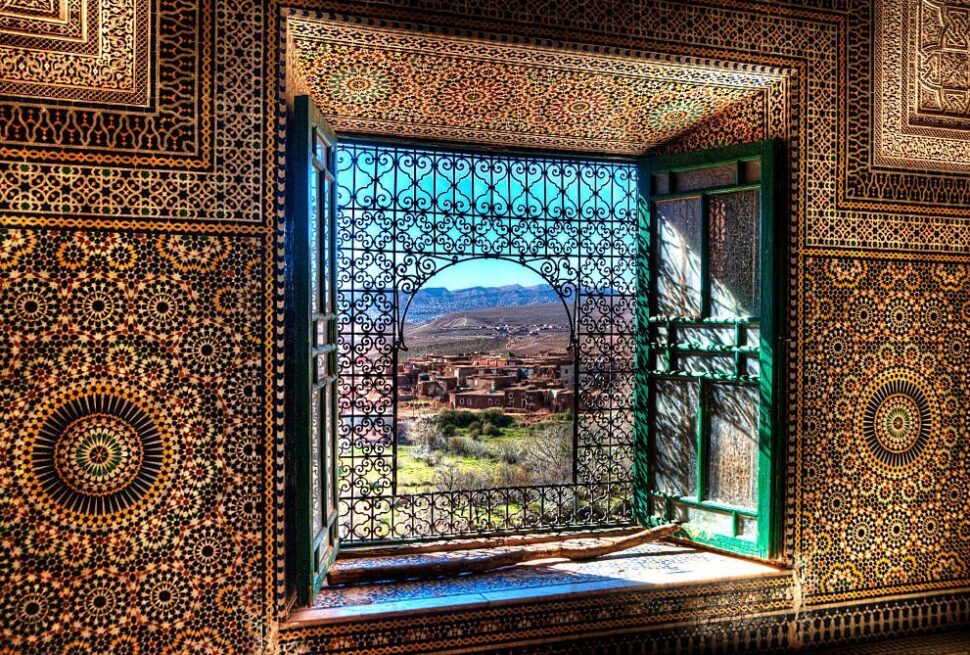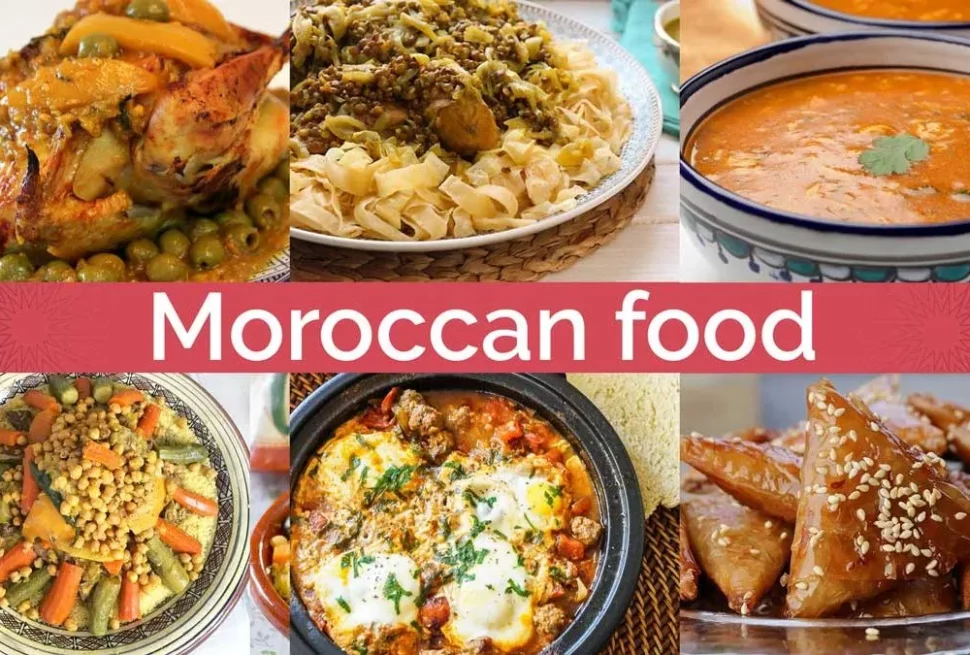Morocco is a beautiful country known for its vibrant culture, delicious cuisine, and stunning landscapes. It offers an experience that is a perfect blend of ancient traditions and modern-day luxury. Morocco is a year-round destination, but the best time to visit Morocco for multi-day travel depends on what you want to experience. In this article, we will explore the best time to visit Morocco for multi-day travel.
If you’re planning a multi-day trip to Morocco, one of the most important decisions you’ll make is when to go. The country offers a diverse range of landscapes, cultures, and experiences, and the best time to visit can depend on a variety of factors such as weather, festivals, and personal preferences. In this article, we’ll guide you through the best time to visit Morocco for a multi-day trip, so you can make the most of your journey.
Table of Contents
- Introduction
- Weather in Morocco
- High Season in Morocco
- Low Season in Morocco
- Shoulder Season in Morocco
- Best Time to Visit Morocco for Outdoor Activities
- Best Time to Visit for Beaches
- Best Time to Visit for Sightseeing
- Best Time to Visit for Festivals
- Best Time to Visit for Shopping
- Best Time to Visit for Desert Tours
- Best Time to Visit for Cultural Immersion
- Best Time to Visit for Wildlife Watching
- Conclusion
- FAQs
1. Introduction
Morocco is a country of contrasts, from the bustling cities to the serene beaches and the towering Atlas Mountains. Whether you’re interested in history, culture, or adventure, Morocco has something to offer everyone. However, choosing the best time to visit can be overwhelming, especially for a multi-day trip. In this article, we’ll help you decide when to visit based on your interests and preferences.
2. Weather in Morocco
The climate in Morocco is typically Mediterranean, with hot summers and mild winters. However, the country’s diverse geography means that temperatures and weather patterns can vary widely. Coastal regions tend to be cooler and wetter than inland areas, while the Atlas Mountains can experience snow and cold temperatures in the winter.
3. High Season in Morocco
Morocco has two main seasons: summer and winter. The summer months (June to August) are hot and dry, with temperatures often exceeding 100°F (38°C) in the desert. The winter months (December to February) are cooler, especially in the evenings, with temperatures dropping to near freezing in the mountains. If you want to visit during the high season, it is essential to book your accommodation and activities in advance.
4. Low Season in Morocco
The low season in Morocco is from December to February. During this time, the weather is chilly, especially at night, and there is a possibility of rain. However, if you don’t mind the cold weather, this is an excellent time to visit Morocco, as the crowds are low, and you can get great deals on accommodation and activities.
5. Shoulder Season in Morocco
The shoulder season in Morocco is from March to May and September to November. During this time, the weather is mild, and the crowds are low to moderate. It is an excellent time to visit Morocco if you want to avoid the crowds but still enjoy the beautiful weather.
6. Best Time to Visit Morocco for Outdoor Activities
Morocco is known for its natural beauty, and outdoor enthusiasts will find plenty to do year-round. The best time for hiking, trekking, and mountain climbing is in the spring (March to May) and fall (September to November), During these months, the weather is mild, and the landscapes are green and beautiful. . The summer months can be too hot for outdoor activities, while the winter months can bring snow and difficult terrain.
7. Best Time to Visit for Beaches
The best time to visit Morocco for beaches depends on the specific beach destination you have in mind. Morocco has a long coastline with beaches that face the Atlantic Ocean and the Mediterranean Sea, so the weather patterns can vary depending on the region.
Generally speaking, the best time to visit the beaches of Morocco is during the summer months, from June to September. During this time, the weather is warm and sunny, and the sea temperatures are comfortable for swimming and other water activities. However, keep in mind that this is also the peak tourist season, so expect larger crowds and higher prices.
If you prefer a quieter and more affordable vacation, you can consider visiting the beaches of Morocco during the shoulder seasons, which are from April to May and from October to November. During these months, the weather is still warm and pleasant, and the crowds are smaller.
In summary, the best time to visit Morocco for beaches is during the summer months, from June to September. However, the shoulder seasons from April to May and from October to November can also be good options, depending on your preferences.
Some of the best beaches in Morocco include Essaouira, Agadir, and Taghazout.
8. Best Time to Visit for Sightseeing
The best time to visit Morocco for sightseeing is during the shoulder season (March to May and September to November). During this time, the weather is mild, and the crowds are low to moderate. Some of the best places to visit in Morocco for sightseeing include Marrakech, Fez, and Casablanca.
9. Best Time to Visit for Festivals
Morocco is known for its vibrant festivals that celebrate its culture and traditions. The best time to visit Morocco for festivals is during the spring (March to May) and fall (September to November). Some of the popular festivals in Morocco include the Marrakech International Film Festival, the Gnaoua World Music Festival, and the Festival of Roses.
10. Best Time to Visit for Shopping
Morocco is a shopper’s paradise, with its vibrant markets and bazaars. The best time to visit Morocco for shopping is during the shoulder season (March to May and September to November). During this time, the weather is mild, and the crowds are low to moderate. Some of the best places to shop in Morocco include the souks in Marrakech and Fez and the Tiznit market.
11. Best Time to Visit for Desert Tours
The best time to visit Morocco for desert tours is during the spring (March to May) and fall (September to November). During these months, the weather is mild, and the landscapes are green and beautiful. Some of the popular desert tours in Morocco include the Erg Chebbi dunes and the Merzouga desert.
12. Best Time to Visit for Cultural Immersion
Morocco is known for its rich culture and traditions. The best time to visit Morocco for cultural immersion is during the shoulder season (March to May and September to November). During this time, the weather is mild, and the crowds are low to moderate. Some of the best cultural experiences in Morocco include staying in a riad in Marrakech, visiting the Hassan II Mosque in Casablanca, and exploring the ancient city of Volubilis.
13. Best Time to Visit for Wildlife Watching
Morocco is home to a diverse range of wildlife, including Barbary macaques, Crocodiles, Flamingos and more. The best time to visit Morocco for wildlife watching is during the spring (March to May) and fall (September to November). During these months, the weather is mild, and the landscapes are green and beautiful. Some of the popular wildlife watching destinations in Morocco include the Ouzoud waterfalls, the Toubkal National Park, Souss Massa National Park, and Agadir Dolphin World.
14. Conclusion
In conclusion, Morocco is a fascinating country that offers a range of experiences for travelers. Whether you’re interested in sightseeing, outdoor activities, festivals, or simply relaxing on the beach, the best time to visit will depend on your personal preferences and priorities. By considering factors such as weather, crowds, and activities, you can plan a multi-day trip to Morocco that is tailored to your needs.
15. FAQs
- What is the currency in Morocco?
- The currency in Morocco is the Moroccan dirham (MAD).
- Do I need a visa to visit Morocco?
- Citizens of many countries, including the United States and Canada, can enter Morocco visa-free for up to 90 days. Check with your local embassy for more information.
- Is it safe to travel to Morocco?
- Morocco is generally a safe destination for travelers. However, as with any foreign country, it’s important to take precautions such as staying aware of your surroundings and avoiding any areas that may be unsafe.
- What is the official language of Morocco?
- The official languages of Morocco are Arabic and Berber, but many people also speak French, English, Spanish and more.
- What is the time difference between Morocco and the United States?
- The time difference between Morocco and the United States varies depending on your location. For example, Morocco is five hours ahead of Eastern Standard Time (EST).
